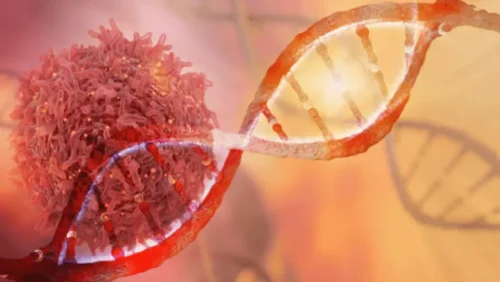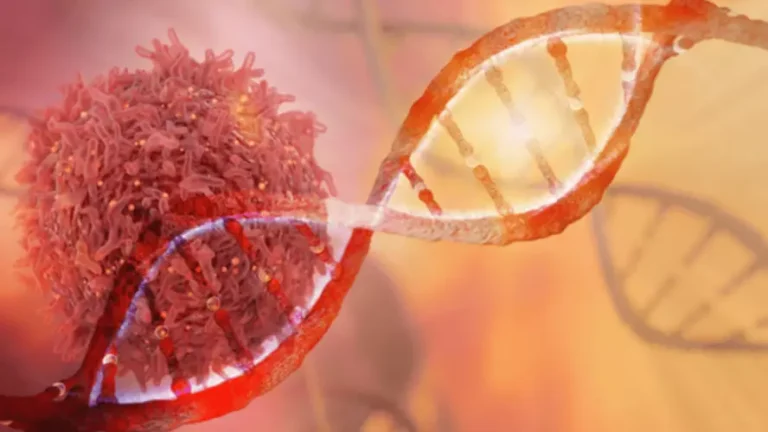
You probably won’t know you are pregnant for up to 4 to 6 weeks. This means you might be drinking and exposing your baby to alcohol without meaning to. Alcohol use during pregnancy can also lead to miscarriage and stillbirth. The best advice is to stop drinking alcohol when you start trying to get pregnant. A doctor or health visitor will need to know if your child was exposed to alcohol during pregnancy to help make a diagnosis of FASD.

Taking Care of You and Your Baby While You’re Pregnant
Some of the most severe problems happen when a pregnant person drinks in the first trimester, when the baby’s brain starts to develop. The brain is still developing then, and even moderate amounts of alcohol can disturb this process. This condition can be prevented if you don’t drink any alcohol during pregnancy. It’s possible that even small amounts of alcohol consumed during pregnancy can damage your developing fetus.

Babies with FASDs may have problems with growth and development and problems with learning, behavior and communicating.
It’s not known whether a father’s drinking affects their sperm or contributes to fetal alcohol syndrome at conception. Parental training is meant to help parents to help families cope with behavioral, educational Substance abuse and social challenges. Parents might learn different routines and rules that can help their child adapt to different situations. Often, having a stable and supportive home can help children with FAS avoid developing mental and emotional difficulties as they get older.
How are FASDs diagnosed?
It’s also recommended that you avoid beverages containing alcohol when you’re trying to become pregnant. Many people don’t know they’re pregnant for the first few weeks of pregnancy (four to six weeks). This is because it takes time for your body to build up enough hCG (human chorionic gonadotropin, a hormone that develops in early pregnancy) to be detected on a pregnancy test. During those early weeks of pregnancy, the fetus is going through a massive surge of development.

Always consult your healthcare provider to ensure the information displayed on this page applies to your personal circumstances. Some parents and their children seek alternative treatments outside of the medical establishment. These include healing practices, such as massage and acupuncture (the placement of thin needles into key body areas).

This study has been circulating in the media of late, various media outlets have picked it, and it is causing a lot of discussions online. Doctors can diagnose the condition based on a baby’s symptoms, especially if they know that the mother drank during pregnancy. In children with milder problems, FASD can be harder to diagnose.
- A child with fetal alcohol syndrome can struggle in many areas of life without adequate help.
- The exact number of people with Fetal Alcohol Syndrome is unknown.
- If your baby is born with FAS, you can find resources and support through the National Organization on Fetal Alcohol Syndrome.
- Providers may not know your baby has FAS until he or she is older.
During early pregnancy, the fetus is already developing rapidly. Alcohol consumption could harm the developing fetus at any time during pregnancy — especially early on in the development process. Any amount of alcohol during pregnancy can cause fetal alcohol syndrome. Damage to your developing baby can happen at any point during pregnancy. All alcohol, including beer, wine, ciders and hard liquor can all cause FAS.
Is it safe to drink a small amount of alcohol during pregnancy?
To avoid the possibility of damaging a developing fetus, then complete abstinence is the only fail-safe method. Fetal alcohol spectrum disorders are 100 percent preventable. However, this requires that a mother stop using alcohol before becoming pregnant.
Harmful effects from alcohol can happen at the earliest stages of pregnancy to the developing fetal brain—even before someone realizes they are pregnant. Because different aspects drunken baby syndrome of the child are developing at all stages of pregnancy, alcohol’s effects on a developing baby can result from alcohol use at any point during pregnancy. Alcohol is a known neurotoxin and the brain develops throughout pregnancy, thus the developing brain and nervous system are always at risk. As there is no treatment other than supportive care for children with fetal alcohol syndrome, the major way of lessening the impact of fetal alcohol syndrome is to not drink while pregnant.
Phản hồi gần đây